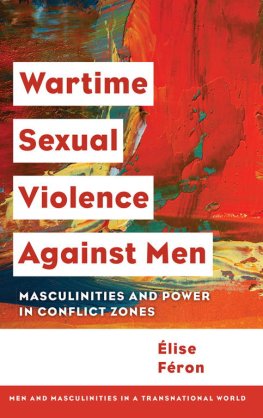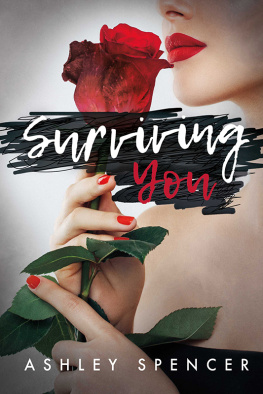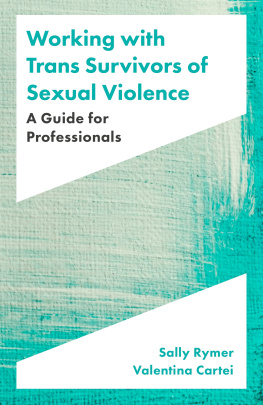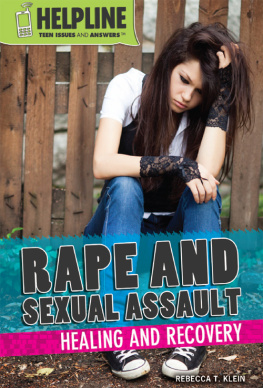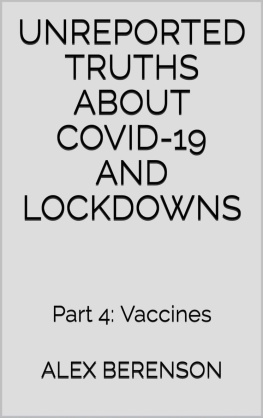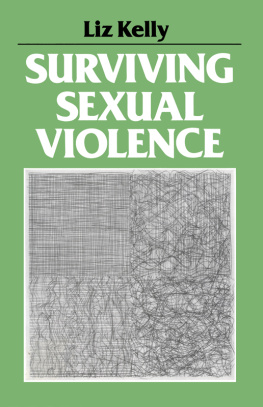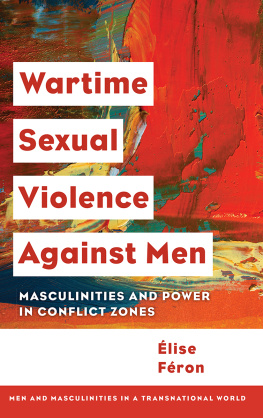Introduction
At fourteen years old, Isla had priorities.
The new decade moved around her so quickly she knew it only by headlines. Obama began his second presidential year, the Saints won the Super Bowl, and Apple released a hot new device called the iPad (no one was really sure why they needed it, but they needed it anyway). Losts TV finale disappointed fans, The Hunger Games premiere wowed them, and when the credits rolled on both, people rushed to turn their phones back on (they had Angry Birds levels to complete). Wall Street was getting back on its feet, Miley and Liam were getting together, Julian Assange was getting torn apart, and it was all happening to the tune of Katy Perrys summer anthem, California Gurls.
That bubblegum-pink, Candy Land, floating-on-a-cloud beat.
Isla was a sun-kissed freshman at Santa Monica High School with a wide smile and parents who worked in televisionthe stereotypical California girl. The oldest of five, she had strict rules by Los Angeles standards: no staying at parties past midnight, no getting into cars with people you dont know, no smoking weed. For a city kid, she was basically sheltered. And, like any firstborn fourteen-year-old, her main priority was to become less so.
Isla was raped that summer. A neighborwho lived just houses down from her parentsassaulted her, taking her virginity and, with it, years of growing up slowly. Well get into the details later. For now, all you need to know is Isla decided not to report. And, despite how alone she may have felt that night and for many, many nights after, she has sisterhood in her decision not to report.
Inadvertently, Isla joined a vast and quiet community that summer: the unreported.
Seventy-Three Seconds
A minute and thirteen seconds is enough time to speed-read the prologue of this book (maybe). It was enough time for Isla to exchange a few life-altering Facebook messages on her iPhone 4 during that night in 2010. Its enough time to get small things done but, ultimately, it is still just seventy-three seconds. No time at all.
Every seventy-three seconds, another story like Islas begins spinning. Every seventy-three seconds, an American is sexually assaulted.
An American life averages out at over twenty-two million secondslucky us. During that span, which can feel long or short depending on how you live it, one in five women is raped. One in seventy-one men is raped. The problem is pervasive, and thats speaking generally: specific populations, like Native American women and the LGBQT+ community, are at an even higher risk.
Sexual violence is an enigma. Despite its widespread nature, it somehow remains a unique and personal crime. The violence makes it personal. The violation: the unapologetic invasion of another body. As human beings, our bodies are our first and final home. Rape desecrates that shelter, trespassing in its most vulnerable places, hurting the deepest core. The memory of the assaulthow it took power away the moment it happened and took peace for many moments afterbecomes an intensely singular chapter in a persons story. No two excerpts look the same.
Something similar can be said for a slew of different crimes though: burglary, arson, nonsexual assault. They are often random, personal attacks, and the aftermath varies. So, while the violation makes it personal, it doesnt make sexual violence unique. That uniqueness is tied to sex.
We are born to know sex. Best-case scenario, were born to like it. Add violence to the mix and youve paired a private, positive necessity with an obscene, unnecessary act. The juxtaposition makes sexual violence a challenge unlike any other.
Society knows sex. We understand crime. So, when it comes to sex as a crime, its natural that wed make a few assumptions. Among the top of the list of those assumptions?
If it were you, youd report. It may not be easy, but youd do it.
Lets start there.
Ass-u-me-ing
Only 25 percent of all sexual violence is reported to police, making it the most underreported crime. Isla was part of the 75 percent. The vast majority, the unreported. But if it were you
And then, it is you. You might be older or wiser or less vulnerable than Isla, but one night someone decides not to listen to you or decides not to ask. And with that single unwanted sexual act, you become some version of Isla. Suddenly, reporting doesnt feel so simple. Suddenly, a few things become clear.
First: sexual violence is bigger than injustice. Its injury. And while the cure for injustice could be justice, the antidote for injury is healing. Because of our natural instinct to survive, we move to mend the wound first. Stop the bleeding. As for the person who caused the pain? Holding them accountable is secondaryonly after the injury has been bandaged does it become physically possible to do anything else. But then, even when youre able to move toward justice, a second assumption is called into question.
If it were you, youd want justice. No doubt aboutit.
We all know about crime and punishment. In other cases, it means return the possessions. Repay the money. Do the time. But sexual violence? No amount of justice can erase that intensely personal chapter from your life once its written. Nothing can make it fair now that your life has been irrevocably changed.
Some people find healing in justice. If the goal is to transform the hurt, restore the faith, and make the most of an altered story, then punishment can play a role. Getting justice can be an important part of a persons healing process. But that lands us at the third and final assumption.
If you were to seek justice, youd find it.
In a world where reporting sexual violence has a non-negligible track record, maybe things are different. Perhaps people do go to authorities if theres a real chance that by doing so they can prevent the same perpetrator from acting again. But that is not our world. Instead of signaling safety or justice, our statistics spell out how the odds arequite plainlystacked against the assaulted. Only five perpetrators are convicted for every one thousand sexual assaults. For context, a little more than one in fifty criminals are convicted after a robbery. In nonnumerical terms, that means the people perpetuating one of our nations most rampant issues, which permeates society on so many levels, are not being punished.
Our system is failing. But the real problem? Everyone knows.
Why Didnt I Report?
Christine Blasey knew. In 1982, before she became a doctor, before she added Ford to her last name, before she graduated from three universities with psychology degrees and became a professor at Stanford. Before even receiving her high school diploma, she knew. After a teenage boy assaulted her at a party, she joined the same sisterhood Isla would decades later: the unreported. She understood the majority consensus, and she rejected the failing system.


